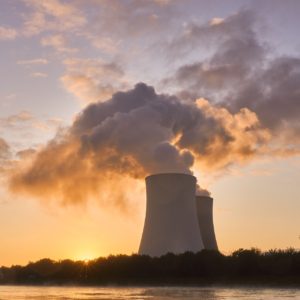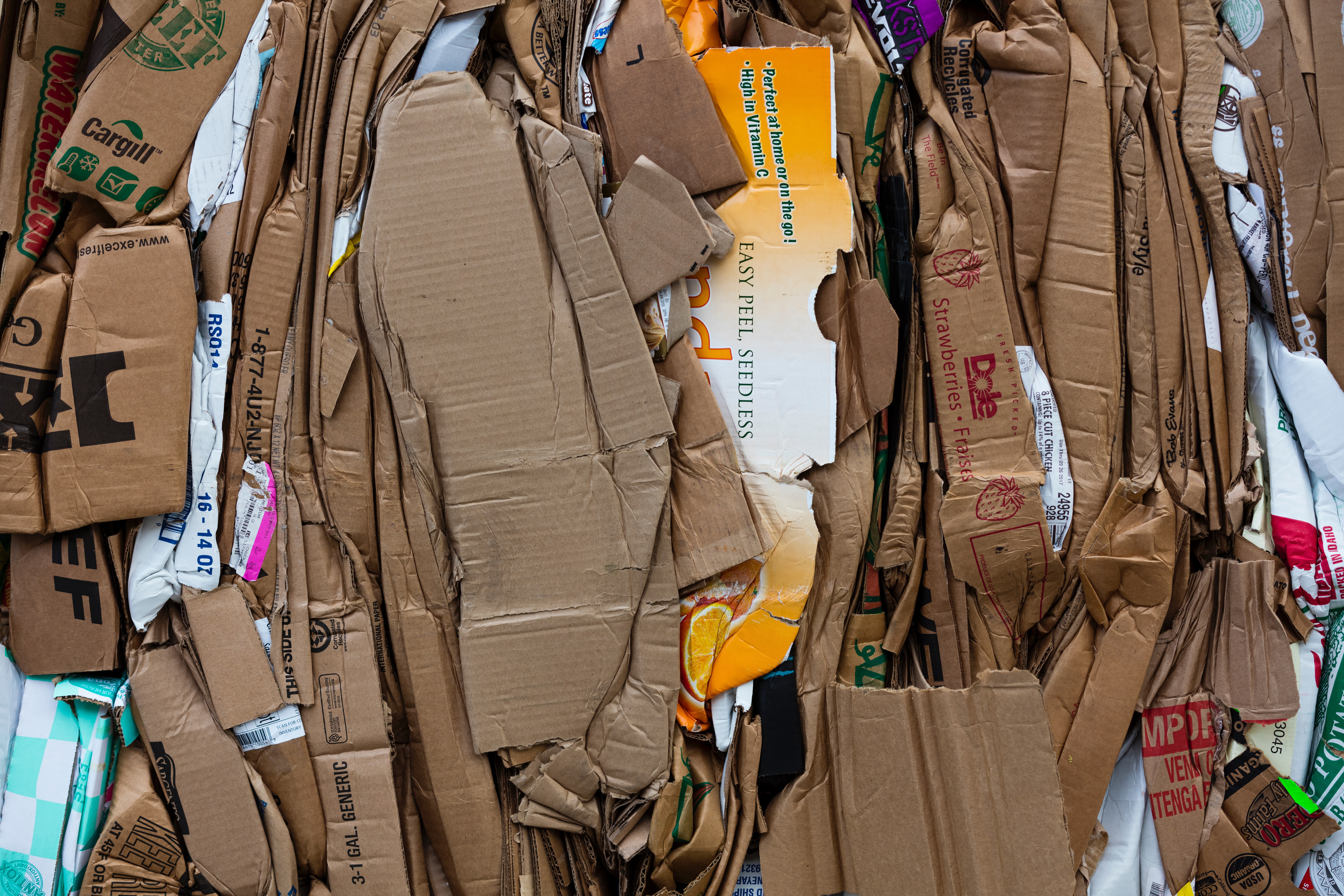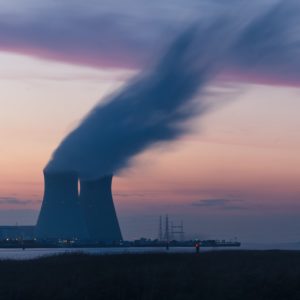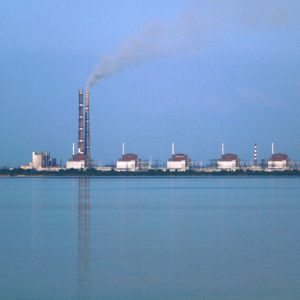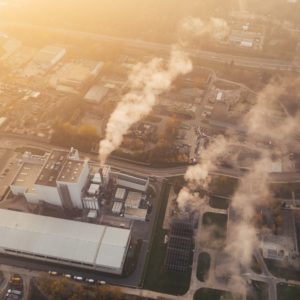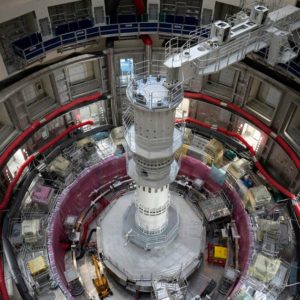Rick Wayman writes in The Hill that there is still a rational case for climate optimism. “The goal of climate restoration is analogous to the goal of net zero emissions, except the time frame is faster, the scale is larger, and the aspiration is higher. It’s not pie in the sky. Since it requires the...
Global nuclear power capacity needs to double by 2050 -IEA
"Advanced economies have nearly 70% of global nuclear capacity but the fleet is ageing. Investment has stalled and the latest new projects have run far over budget and behind schedule, the report said."
UK’s Magical Mushroom Company uses mycelium to replace plastic packaging
"The latest to join the ranks is Magical Mushroom Company (MMC). It’s now raised a £3 million seed round led by Ecovative Design LLC with participation by Dale Vince, founder of Ecotricity (a green energy company in the U.K.); Robert Del Naja (activist); and Marcus Watson, co-founder of Adoreum Partners, who brought 30 other investors."
History and Future of Nuclear Energy
"The future of nuclear power is exciting, hopeful, and integral for reaching the worldwide goal of net-zero carbon emissions by 2050."
Is Moss A Climate Change Superhero In Disguise?
"Sänger says the combination of technology and biology has multiple benefits. The main benefit is that unlike traditional air filters, mosses effectively digests fine dust particles, which remain in the moss filters for a long time. When mosses appear to be too stressed they are exchanged, and brought back to Green City Solutions form to regenerate, before being sent out again."
Ukraine’s Nuclear Power Stands Strong Under Attack
Despite the anti-nuclear rhetoric that has been peddled since its invasion, Ukraine’s nuclear industry has been able to safely and reliably keep the lights on and provide essential energy to counter Putin’s advances. That’s the definition of energy security.
The quest to keep carbon in North Carolina’s wetlands
"Restoring peatland can reduce the risk of catastrophic wildfires that in the past have fed on the parched peat and burned for months on end, sending greenhouse gases and other pollution into the air, scientists say. It can safeguard habitat for black bears, migratory birds and other animals that call these wetlands home. Healthy peat can improve local water quality and help mitigate flooding."
Vacuuming carbon from the air could help stop climate change. Not everyone agrees
"Simply put, the idea is to absorb carbon dioxide emissions that have already accumulated in the atmosphere. Then, those emissions would be locked away in some kind of permanent storage, generally in underground geologic formations, so they don't escape to create more warming down the road. But despite carbon dioxide's power to heat the planet, it's very diffuse, making up less than 1% of the atmosphere. That makes it tricky to capture from the air in large quantities."
In defense of trees for climate action
"The fact remains that harnessing the power of nature to fight climate change is one of the greatest tools we have at our disposal. If implemented properly, natural climate solutions could account for more than one-third of the emissions reductions we need by 2030."
How does nuclear fusion work?
Dr. Alastair Gunn writes in Science Focus about the basics of nuclear fusion. “[F]usion power could supply a clean, efficient and unlimited source of energy; it would require only water as a fuel (or lithium) and would produce only inert, non-toxic helium gas as a by-product.” Read the full article here.

